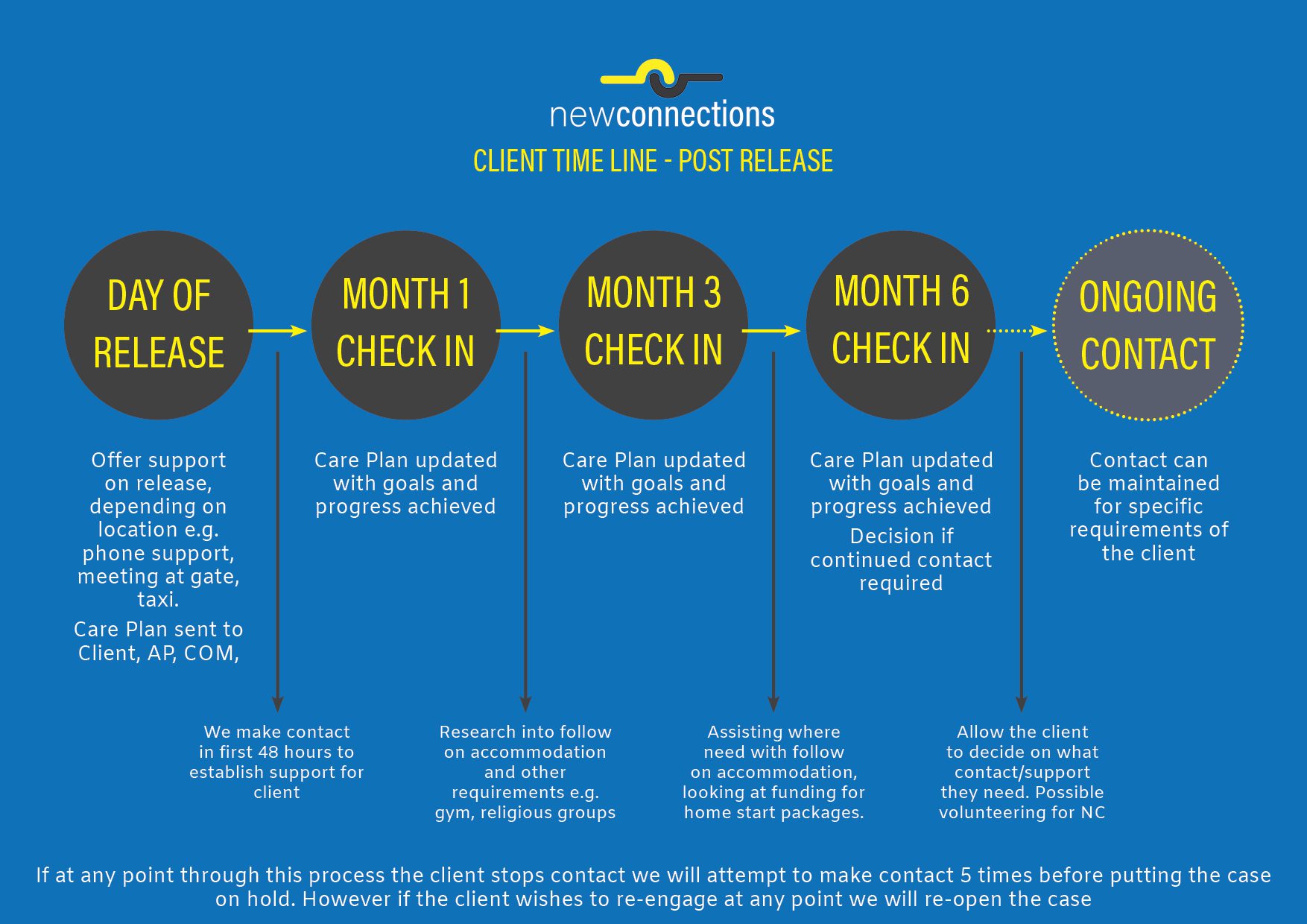WHAT WE DO
HOW WE WORK
Find out more about how we work, what we offer and how we can help you or your loved one
POST RELEASE
We have a strong focus on post release support, ensureing that future outcomes for our clients are succesful
our impact
We aim to have as big an impact as possible on our clients lives. You can read more about that here
IPP / LIFERS
Working primarily with clients who are living on a life license which means that we can
TRAINING
We offer training courses for those working closely with offenders and ex-offenders in the community, helping them to learn more about strategies and methods to help these individuals
GUIDES
We have collated various guides that are to help our clients and mentees with their integration into the community.
ABOUT
VISION
NewConnections empowers prisoners and helps them prepare for their release by giving them hope and belief in their own ability to live free from crime and drugs.
TEAM
We have a highly skilled and experienced team working behind New Connections.
University Placements
New Connections offer placements that can qualify as a part of your degree, depending on your subject
VOLUNTEER
Are you interested in volunteering with New Connections? Find out how you can here
WORK FOR US
Are you interested in joining our dynamic team? See all our open vacancies here
Diversity & inclusion
We support cultural diversity, neurodiversity, racial diversity, physical diversity and gender diversity.
DONATE
For Foundations & Funders
At New Connections CIC, we help people leaving prison find hope, recovery, and connection. With the support of funders and philanthropists, we can change lives and building stronger, safer communities.
PARTNER with us
Do you also work within the rehabilitation and criminal justice sector? If you feel we would be a good partnership read more here.
SUPPORT US
If you would be interested in supporting us, either with funding, donations of either money or time or objects



